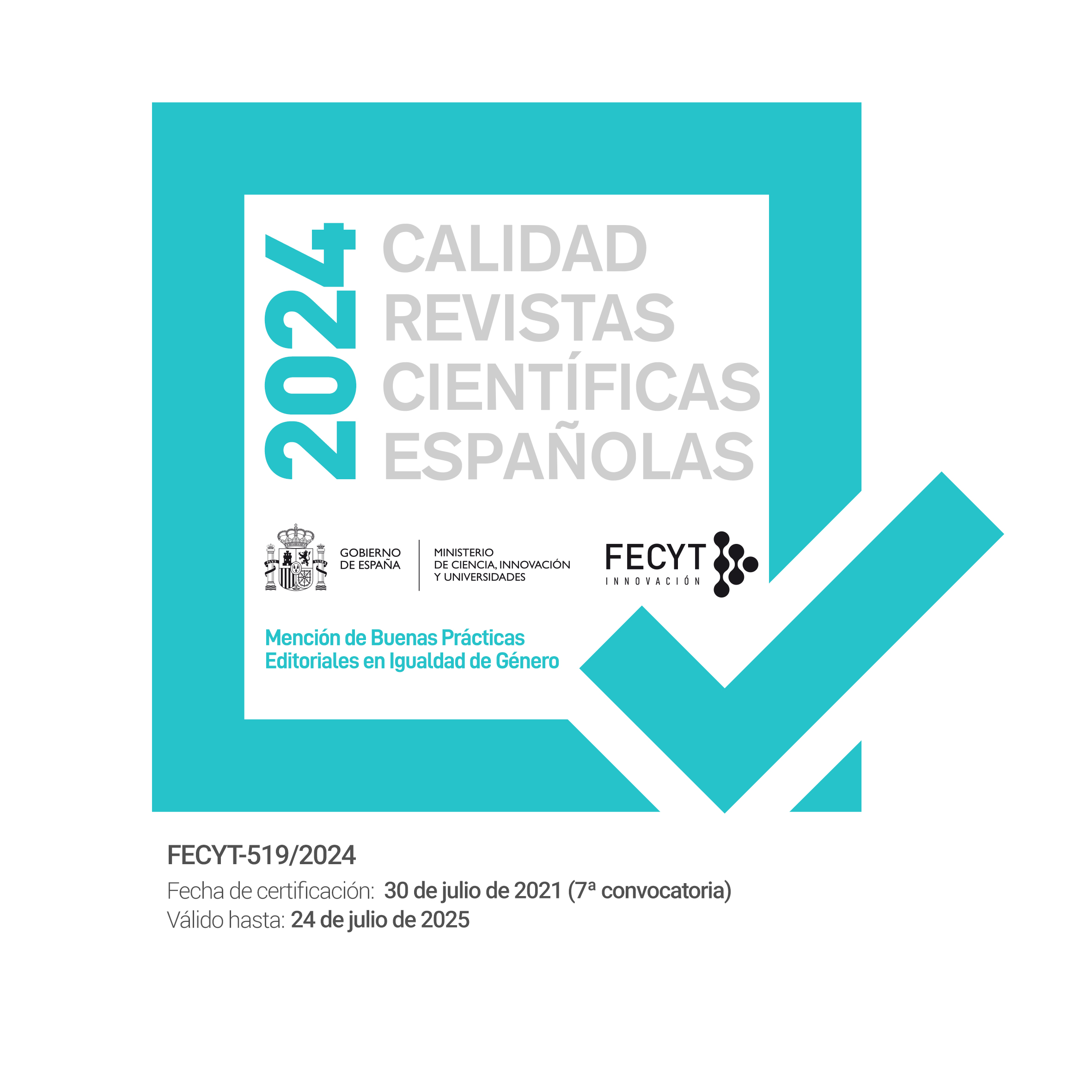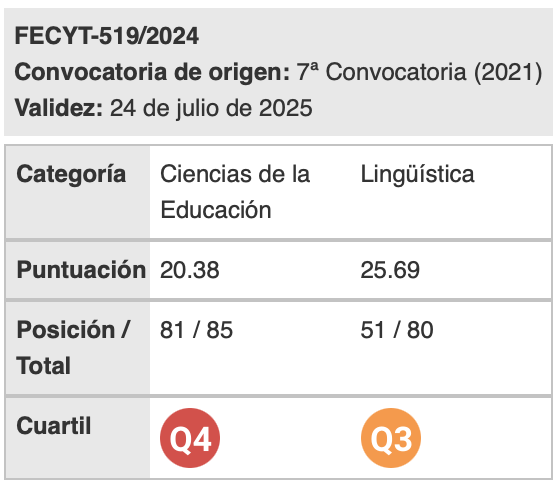Teaching and learning ESP vocabulary
Palabras clave:
English language learning and teaching, vocabulary learning, vocabulary teach- ing, vocabulary learning strategies, ESPResumen
Vocabulary learning and teaching is very important in learning English; nevertheless, vocabulary was a neglected area in foreign language teaching for a number of years. In order to develop students’ communicative competence, language teachers should encourage them to learn as many words as possible. English for specific purposes course (ESP) are new trend in English Language Teaching and they include technical English, scientific English, English for medical professionals, English for waiters, and English for tourism. There are different opinions about teaching ESP courses but vocabulary is crucial in this sphere of teaching. Therefore, this paper attempts to add to existing studies on the use of vocabulary learning strategies in learning vocabulary in ESP. The students should become aware of the importance of language learning strategies and get trained to use them appropriately.
Descargas
Citas
Driscol, P. M. (2005). Psychology of learning for instruction. Third Edition. USA:
Pearson Education, Inc.
Dudley-Evans, T., & St John, M. (1998). Developments in English for Specific Purposes. UK: Cambridge University Press.
Hutchinson, T., & Waters, A. (1999). How communicative is ESP?, in ELT Journal, 38(2), 108-113.
Kavaliauskienë, G., & Janulevièienë, V. (2000). Using the lexical approach for the Acquisition of ESP vocabulary. To translate or not to translate in teaching ESP? ‘Network’, A Journal for English Language Teacher Education, 3(3), Oct. http://iteslj.org/Articles/Kavaliauskiene-LA.html (accessed 16 July 2007).
Lewis, M. (1993). The lexical approach: The state of ELT and the way forward. Hove, England: Language Teaching Publications.
McCarthy, M. (1990). Vocabulary. Oxford: Oxford University Press.
Morgan, J., & Rinvolucri, M. (2004). Vocabulary. 2nd Edition. Oxford: Oxford
University Press, 2004.
Nation, I.S.P. (2001). Learning vocabulary in another language. Cambridge: Cambridge University Press.
Newton, J., & Nation, I.S.P. (1997). Vocabulary and teaching. In J. Coady & T. Huckin (Eds.), Second language vocabulary acquisition (238-254). Cambridge: Cambridge University Press.
O’Malley, J. M., & Chamot, A.U. (1990). Learning strategies in second language acquisition. UK: Cambridge University Press.
Schmitt, N. (1997). Vocabulary learning strategies. In R. Carter & M. McCarthy (Eds.), Vocabulary and language teaching (pp. 198–218). New York: Longman.
Schmitt, N. (2000). Vocabulary in language teaching. Cambridge: Cambridge University Press.
Sysoyev, P. V. (2000). Developing an English for Specific Purposes course using a learner centered approach: A Russian experience. The Internet TESL Journal, VI. Retrieved from the web on November 9, 2007: http://iteslj.org/Techniques/ Sysoyev-ESP.html.
Sökmen, A. (1997). Current trends in teaching second language vocabulary. In N. Schmitt & M. McCarthy (Eds.), Vocabulary: Description, acquisition and pedagogy (pp. 237-257). Cambridge: Cambridge University Press.
Wallace, M. (1982). Teaching vocabulary. London: Heinemann Educational Books.
Descargas
Publicado
Cómo citar
Número
Sección
Licencia
Aquellos autores/as que tengan publicaciones con esta revista, aceptan los términos siguientes:
- Los autores/as conservarán sus derechos de autor y garantizarán a la revista el derecho de primera publicación de su obra, el cuál estará simultáneamente sujeto a la Licencia de reconocimiento de Creative Commons que permite a terceros compartir la obra siempre que se indique su autor y su primera publicación esta revista.
- Los autores/as podrán adoptar otros acuerdos de licencia no exclusiva de distribución de la versión de la obra publicada (p. ej.: depositarla en un archivo telemático institucional o publicarla en un volumen monográfico) siempre que se indique la publicación inicial en esta revista.
- Se permite y recomienda a los autores/as difundir su obra a través de Internet (p. ej.: en archivos telemáticos institucionales o en su página web) antes y durante el proceso de envío, lo cual puede producir intercambios interesantes y aumentar las citas de la obra publicada. (Véase El efecto del acceso abierto).

Revista de Lenguas para fines específicos is licensed under a Creative Commons Reconocimiento-NoComercial-SinObraDerivada 4.0 Internacional License.






















